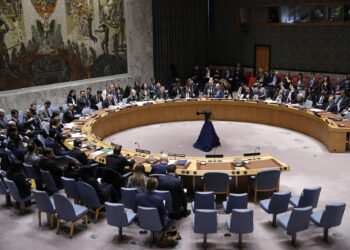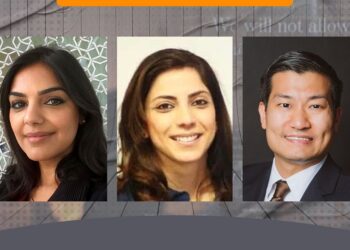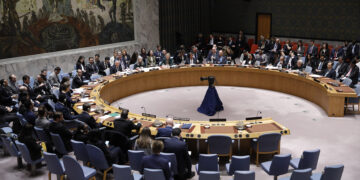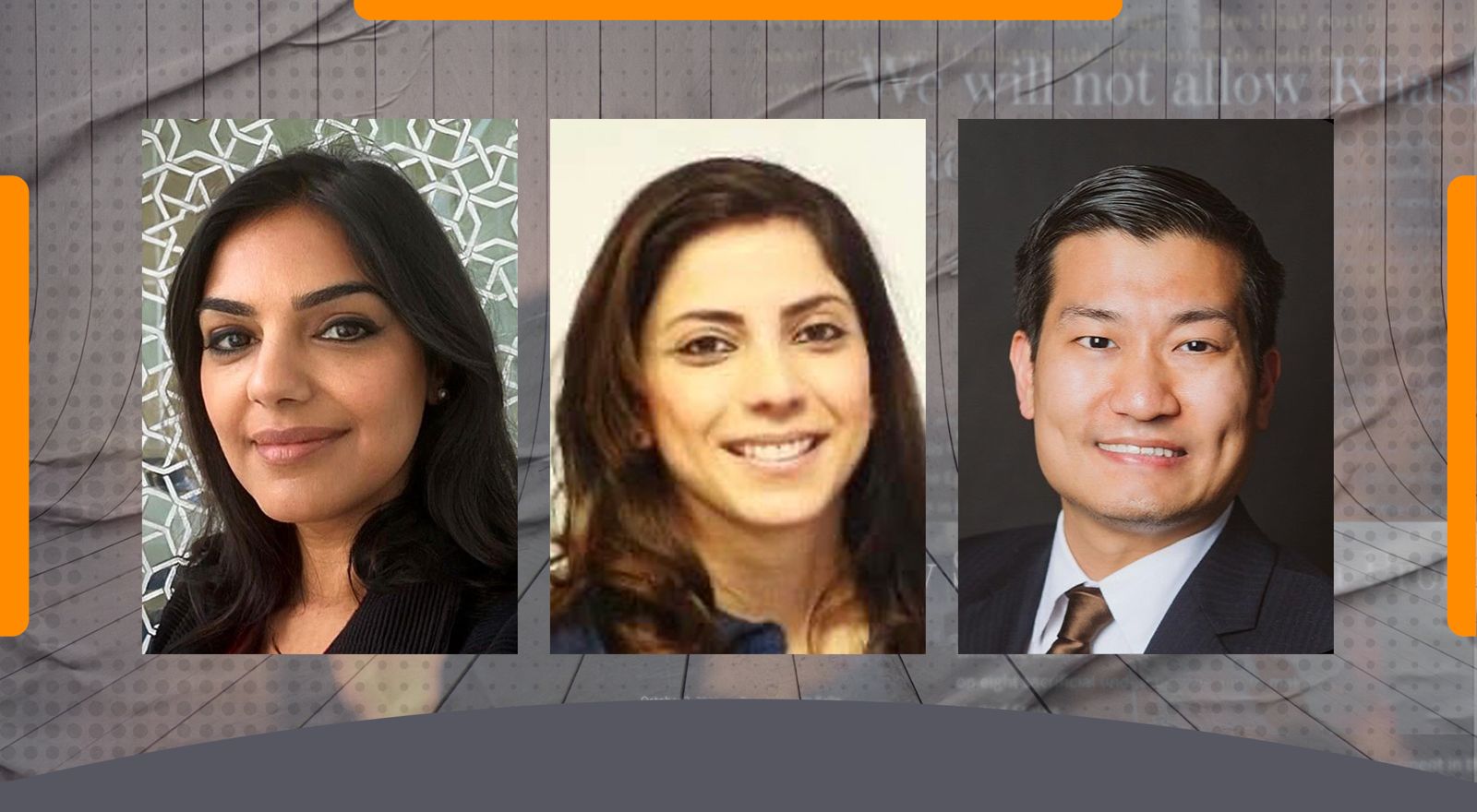Mike Eisner is the General Counsel and Chief Operating Officer of DAWN.
Mike Eisner is the General Counsel and Chief Operating Officer of DAWN (Democracy for the Arab World Now). Sarah Leah Whitson is the executive director of DAWN.
Published in Aljazeera, October 23, 2020
Last week, Democracy for the Arab World Now (DAWN), the human rights organisation founded by late Saudi dissident and Washington Post columnist Jamal Khashoggi, and his fiancee Hatice Cengiz, filed a joint lawsuit in a Washington District Court against Saudi Crown Prince Mohammed Bin Salman (MBS) and 28 other top Saudi officials over the journalist's 2018 killing in Istanbul.
While the main architects of the murder have evaded justice in a sham Saudi trial that pinned all the blame on eight sacrificial underlings, we aim to make the actual masterminds pay for their crime here in the United States.
The facts of Khashoggi's gruesome torture and dismemberment in the Saudi consulate in Istanbul are well-established, thanks to recording devices placed in the consulate by Turkish intelligence, surveillance videos, phone intercepts, flight records, forensic work and intelligence gathered by various spy agencies, including our own CIA. Faced with incontrovertible proof of the crime, the Saudi government eventually accepted responsibility for the murder, but they still have not disclosed where they hid Khashoggi's remains or acknowledged the involvement of the lead perpetrators – including MBS and his senior adviser Saud al-Qahtani.
Khashoggi's shocking murder took away the man Cengiz was planning to spend the rest of her life with, a harm she suffers to this day. It also constituted a severe blow for DAWN. We lost our founder and executive director, and the network of supporters he had cultivated. Indeed, DAWN remained dormant for more than a year following the murder. On September 29, almost two years after Khashoggi's murder, DAWN officially launched with a mission of upholding his vision: exposing those most responsible for human rights abuses and promoting democracy in the Arab world.
As part of our mission, we are now bringing this action because we want both justice for Khashoggi and a guilty verdict for those who murdered him. We believe the US represents the best forum in which we can hold his killers accountable. And we believe that the US has a special interest in seeking justice for Khashoggi, who, as a political dissident, had found refuge in the country and had strong ties to it. Besides having three US citizen sons, Khashoggi founded our American human rights organisation and ran it from an office in Washington until his murder.
In the immediate aftermath of the murder that dominated international headlines for months, MBS was isolated and weakened, a victim, it seemed, of his own worst and violent instincts. Many governments around the world condemned the killing, demanded accountability, and imposed travel bans and international sanctions on the killers. The US Congress passed not one but two bills to ban arms sales to Saudi Arabia, killed by President Donald Trump's vetoes. International corporations cancelled lucrative business deals.
Two years on, Saudi Arabia and MBS are still trying to weather the storm of the damage to their reputation caused by this murder, on top of the catastrophic war in Yemen and relentless persecution of reform activists in the country. While Saudi Arabia remains secure as the number one oil exporter and arms buyer in the world, the stench of its crimes has remained an overwhelming public relations burden.
Mayors of prominent cities, including Los Angeles, New York, and Paris, have withdrawn from the virtual Group of 20 summit that will be hosted by Saudi Arabia in November, and dozens of European legislators have issued a resolution urging the European Union to downgrade its participation in the event. Just last week, Saudi Arabia failed in its attempt to become a member of the United Nations Human Rights Council (UNHRC). Apparently, Saudi Arabia's standing is even worse than Russia and China's, as the latter two managed to secure seats on the council.
DAWN is not alone in seeking accountability for Khashoggi's murder. Since the journalist's gruesome killing, human rights organisations and civil rights groups from around the world have been waging a sustained campaign involving press conferences, commemorations, panel discussions, vigils and freedom of information act litigations to bring those responsible for his death to justice. Recently, hundreds of non-governmental organisations declared a boycott of the G20 civil society meetings in the lead up to the summit. Most recently, a bipartisan group of Republicans and Democrats have passed legislation to pressure the Trump administration to declassify an intelligence report identifying those responsible for the murder.
With this lawsuit, we open another front in the struggle to hold Khashoggi's killers accountable. We want to make clear to MBS that we and others will trail him around the world to make impunity impossible for his grotesque and barbarous acts. But the stakes involved in the case are much larger than one man and one country. With autocracies on the rise across the world, Saudi Arabia, under the grip of MBS, is not the only oppressive regime that has sought to crush political dissent at home, while engaging in extrajudicial killings of political dissidents abroad.
A US lawsuit by itself may not deter MBS from targeting political dissidents abroad. But a successful suit with a punitive verdict will provide a measure of justice for Khashoggi, fracture the veneer of impunity for his killers, and permanently affix the charge of murderer to the crown prince and his "Tiger Squad" of thugs. A successful court verdict will also send a clear and unequivocal message that the highest authority we recognise is the law of nations, which does not bow to princely assassins.
The views expressed in this article are the authors' own and do not necessarily reflect Al Jazeera's editorial stance.






































